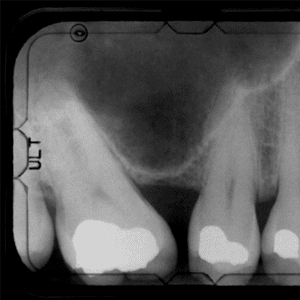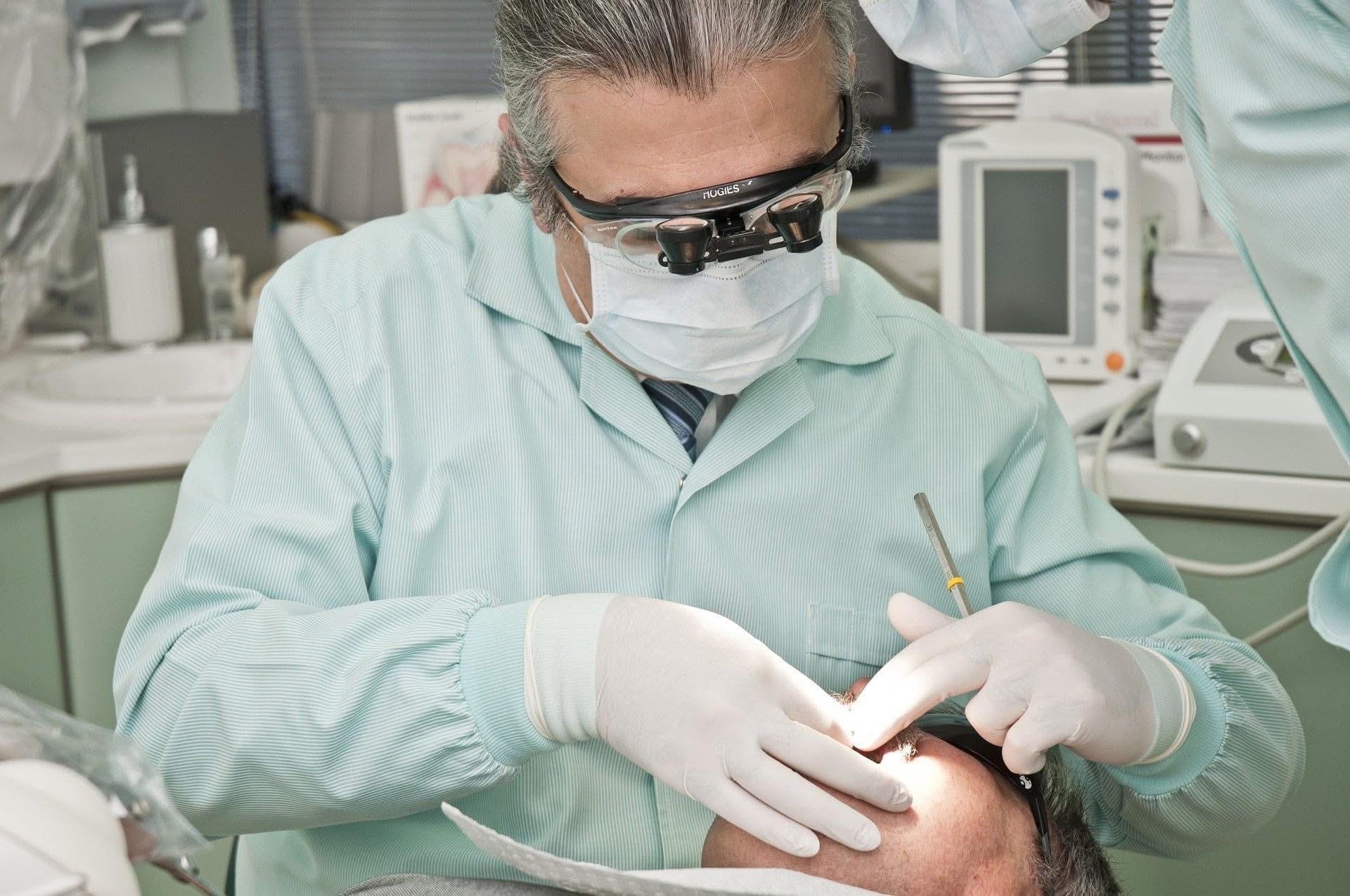 Do you feel particularly susceptible to tooth decay? If so, you are not alone. Many Americans continually develop cavities despite feeling as though they eat well, brush thoroughly, and floss twice daily. For these individuals, tooth decay may be a sign that there is a larger underlying problem: Celiac Disease. Celiac Disease is a genetic disorder that may inhibit normal absorption of nutrients in the small intestine. Inadequate nutrient absorption may lead to several deficiencies, including weak tooth enamel.
Do you feel particularly susceptible to tooth decay? If so, you are not alone. Many Americans continually develop cavities despite feeling as though they eat well, brush thoroughly, and floss twice daily. For these individuals, tooth decay may be a sign that there is a larger underlying problem: Celiac Disease. Celiac Disease is a genetic disorder that may inhibit normal absorption of nutrients in the small intestine. Inadequate nutrient absorption may lead to several deficiencies, including weak tooth enamel.
Comments by Dr. Ted Herrmann:
Celiac Disease affects about 1 out of every 133 Americans according to recent studies conducted by the Maryland Center for Celiac Research (i). Individuals with Celiac Disease may inadvertently destroy the lining of their small intestine, simply by eating gluten, a protein common to many foods including wheat, barley, and rye. This article has been assembled to provide an introduction to Celiac Disease, gluten allergy, and corresponding nutrient deficiency that may lead to tooth decay.
Celiac Disease: An Introduction
Celiac Disease is an autoimmune disease that affects the small intestine. A genetic disorder, Celiac Disease causes inflammation in the small intestine when gluten proteins are digested. This intestinal inflammation makes difficult the absorption of nutrients from daily food intake. As a result, those with Celiac Disease may develop a number of physical ailments, particularly from a lack of Vitamin A and E.
Celiac Disease and Cavities
Tooth enamel is the hardest material in the human body. It is designed to provide a tough barrier that protects the inner “pulp” of the tooth from bacteria and decay. Tooth enamel requires continual nutrient delivery to grow thick and strong. When the teeth and gums do not receive proper amounts of vitamins and minerals, the oral cavity may become particularly susceptible to tooth decay and infection.
A growing number of Universities are beginning to evaluate the connection between Celiac Disease and other areas of the body, like oral health. The Maryland Center for Celiac Disease is one such University, and readers are encouraged to visit their website for further reading and information on the disease.
Going Gluten Free
The only known method for limiting the damage caused by Celiac Disease is to eliminate gluten from your daily diet. Going “gluten-free” has become very popular in the wake of recent studies that suggest gluten-free diets serve up many health benefits, even to those without Celiac Disease.
One of the more difficult requirements of gluten-free dieting involves eliminating wheat, barley, and other grains from your daily diet. Of course, this means bread! The Miami Dentist Blog has posted the following bread recipe to help:
Miami Dentist on Twitter
Assure a Smile is committed to helping patients learn more about Celiac Disease, gluten allergy, and the ways gluten allergy may affect physical health. If you or a loved one suffers with Celiac Disease, or you suspect you may have a gluten allergy, message the Dentist305 Twitter account and share your story! Together, we can share the latest news, research, and gluten-free food recipes to help those with Celiac Disease or gluten allergy live healthier and happier lives!
(i) http://www.celiaccenter.org/celiac/faq.asp





